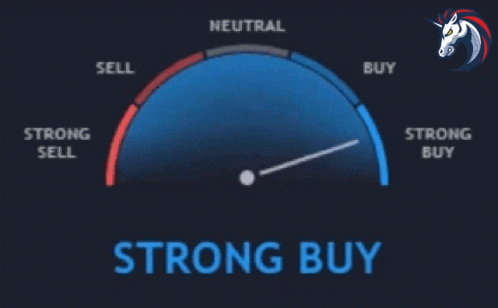FOB (Free On Board) and CIF (Cost, Insurance, and Freight) are two common trade terms used in international shipping and international trade contracts. They indicate different responsibilities and costs associated with the transportation of goods from the seller to the buyer. Let's explore the differences between FOB and CIF:
FOB (Free On Board):
FOB is a shipping term that places the responsibility on the seller to deliver the goods to the designated port and load them onto the vessel. Once the goods are loaded on board, the risk of loss or damage transfers from the seller to the buyer. The buyer assumes responsibility for all costs, such as freight charges, insurance, and customs clearance, from that point onward.
Key points about FOB:
Seller's responsibility: The seller is responsible for the goods until they are loaded onto the ship.
Risk transfer: The risk of loss or damage shifts from the seller to the buyer when the goods are on board the vessel.
Buyer's responsibility: The buyer is responsible for the goods from the moment they are on the ship, including transportation, insurance, and customs clearance.
FOB can be followed by a specific named port, e.g., FOB Shanghai, FOB New York, etc.
CIF (Cost, Insurance, and Freight):
CIF is another shipping term that places more responsibility on the seller. The seller is responsible for not only delivering the goods to the designated port and loading them onto the vessel but also for arranging and paying for the cost of transportation to the destination port and obtaining marine insurance against the risk of loss or damage during transit.
Key points about CIF:
Seller's responsibility: The seller is responsible for the goods and all transportation costs (including freight charges) to the destination port.
Insurance: The seller is also required to provide marine insurance coverage for the goods during the sea voyage to protect against potential loss or damage.
Risk transfer: The risk of loss or damage transfers from the seller to the buyer when the goods are on board the vessel.
Buyer's responsibility: Once the goods are on the ship, the buyer is responsible for customs clearance and any further costs and risks.
In summary, the primary difference between FOB and CIF lies in the allocation of responsibility for transportation, insurance, and risk. With FOB, the buyer takes on more responsibility and costs after the goods are on the ship, while CIF places more responsibility on the seller, who covers the transportation and insurance until the goods reach the destination port.


.jpeg)


No comments:
Post a Comment